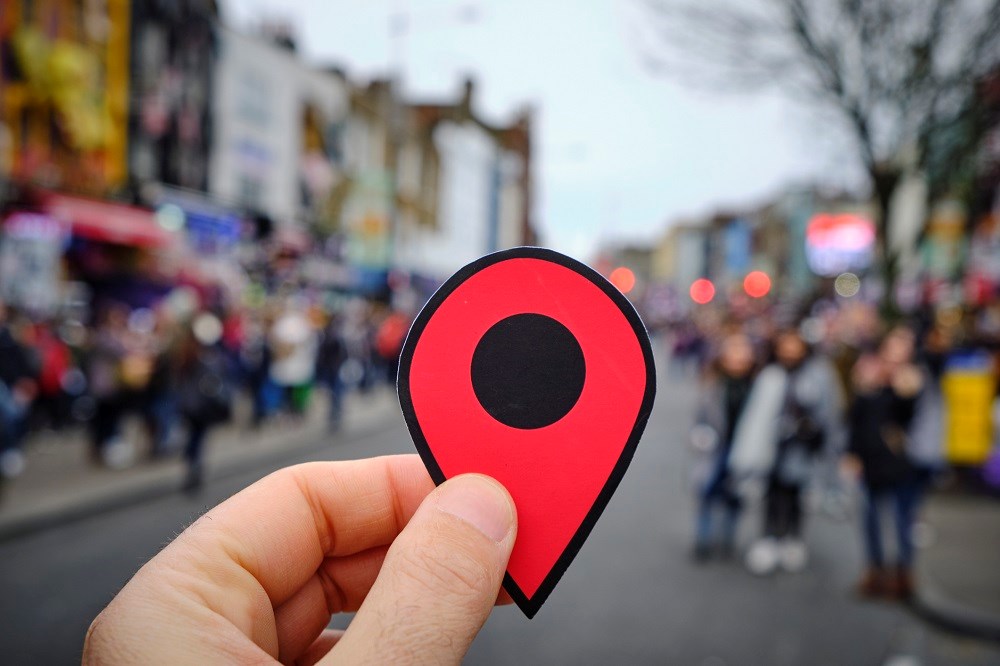Who are you? Exploring identity in the ESL classroom
With a new academic year starting in many parts of the world, it is time to meet our new classes of English language learners. So, who are our new learners? In his latest blog for MET, David discusses what ‘get to know you’ really means and how it can set the tone for a course of learning.
I recently re-watched the 2003 comedy film Anger Management starring Adam Sandler and Jack Nicholson. In one memorable scene, the main character Dave (Sandler) joins a therapy group and is asked by Dr Rydell (Nicholson) “Who are you?” Dave starts talking about his job but is quickly interrupted. “Don’t tell us about your job – tell us who you are.”
The interruptions continue as Dave mentions his hobbies, his personal traits, and asks for help from others in the group before finally reaching braking point and lashing out. “I think we’re getting a clearer picture here,” the therapist remarks snidely.
This got me thinking about introductions with new classes and how we can find out ‘who they are’. I have previously written about some of my favourite opening day/week activities for language learners, but in this post, I want to focus more on that idea of exploring identity and immediately challenging my teenage students to engage in critical thinking.

A straightforward question?
Let’s start with a seemingly straightforward question that commonly forms part of introductions: where are you from? Ask anyone and they will likely respond with the name of a country or city. Perhaps if you are in that city, they will mention a specific district. There could be an explanation of where the place is if it is somewhere not particularly well known.
Already we can see that the responses are often more complicated than that ‘seemingly straightforward question’ suggests. Indeed, if we channel our inner Dr Rydell (as I often do though without the antagonism of that scene!) we may push the students a little more: “I didn’t ask your address or where you were born. I asked where you are from.”

My own answer to this question gives me pause for thought. When living abroad, I would say ‘the UK’ or ‘England’. When asked which part, I would say central England, adding Stoke or Staffordshire if pushed for more detail, knowing that the name of the small market town I actually called home would be lost even on most British people.
To add a layer of complexity, some would say I am not really from that place at all. I wasn’t born there, neither of my parents lived there growing up, and I myself only lived there from ages 10–18. It just happened to be the place I lived in for the longest uninterrupted period during my childhood, and even then, we moved within the town twice!
University took me to a whole other part of the UK and, as we all know, a career in ELT can lead to jobs almost anywhere. I guess then that my answer focuses on where I spent my formative years and where my family continued to live even after I moved away.
A more complex question
The ‘so what?’ of this train of thought is that it is often worth asking our students (assuming they have a B1 level or above) why they chose a particular place in answer to that question. That answer can be quite revealing in terms of a student’s personal or cultural identity.
When I started my first teaching job in Turkey, I would frequently meet students who would say things like “I’m from Trabzon on the Black Sea Coast”. With one student, I asked what Trabzon was like only to be told, “I don’t know – I’ve never really been there!” The ensuing conversation revealed that Turks will often state they are from the place their paternal family originates from, even if across the generations the family has relocated.
So, in this case, the conversation that began with a simple question soon started to delve into family history and national identity thus providing an opportunity to start to explore that question Dr Rydell was asking: who are you?

Where are you really from?
Responses to the question are not only complicated by how we define the place we are ‘from’ of course. Reading the above sub-heading with the emphasis on really may immediately cast a particular scenario in your mind – that of the unconscious bias or outright discrimination that comes with questioning where people are from based on their appearance or accent.
My teenage intermediate level students will often scoff at the idea that this question might involve discrimination in some way, so one of my lessons in the first week challenges them to think about this from different perspectives.
Depending on the group I have, I show them one (or both) of the following videos:
- The Problem with ‘Where are you really from?’ from the YouTube channel i-D, which offers an insight into how people of mixed heritage and/or from ethnic minority groups respond to the question
- Where are you from? The Game from BBC Three gives a more humorous approach to the question, that builds to a real ‘clear picture’ moment for the man asking the questions
Not only do these short clips raise awareness of how ‘where are you really from?’ is potentially a ‘loaded question’, they also offer the chance to focus on the importance of intonation and stress (the emphasis placed on ‘really’ can be the difference between the question being genuine or offensive).
We then generally move into a discussion about identity – how/why do we identify with certain places? Is the place you are from your hometown, your ancestral origin, where you were born or something else? Can it perhaps be all of these things?
My new students will often struggle initially with the concept that there is no ‘right’ answer to the above. We all identify ourselves in different ways and feel connected to various places for different reasons. However, by the end of the week, we will have learned a lot more about each other and the different cultures, languages, and nationalities present in our classroom.
In that sense, we have started to find out ‘who we are’ a lot more successfully than if we had just learned a few basic facts about each other.
Please let us know if you agree, and how you find out where your learners are really from, in the comments below.

Comments
Write a Comment
Comment Submitted